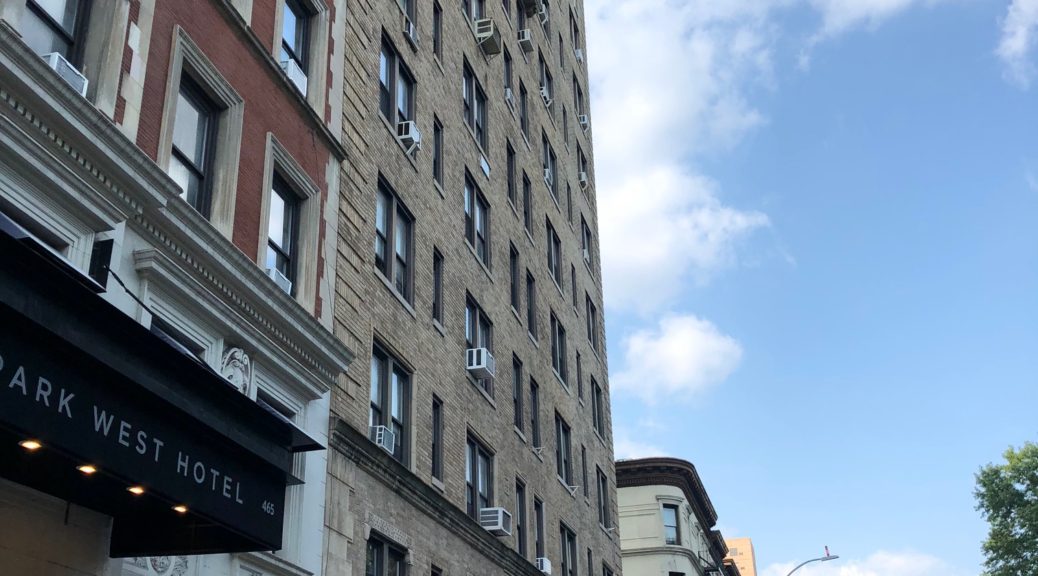In this continuing series we will take a look at a couple more differences between co-ops and condos.
1- Co-ops tend to be located in prewar buildings while condos tend to be newer, shinier and more full of amenities. So if you love prewar lobbies, crown moldings and other details of prewar buildings, you probably will be looking at more co-ops. Almost all new offerings in the last 10 years plus are condos so condos tend to satisfy the wants of Manhattan buyers who are looking for newer buildings with amenities like swimming pools, roof decks, bowling or golf simulators. Some co-ops will have nice amenities as well but very few co-ops have been built in the last 20 years or so.
2- If you are a foreign national or US based investor, condos will most likely be your choice. Co-ops tend to examine a plethora of documents as previously mentioned including US credit. Since a co-op can turn down someone without providing a reason, if you are foreign national purchasing as a primary residence or a pied-a-terre, your safer bet will be a condo. Also, if you are purchasing for investment, almost all co-ops will require you live there first then there will be restrictions for how long you can rent.
The Author- ![]() Brian Silvestry , a licensed real estate broker, has been selling residential and commercial real estate since 1999. He has sold in every Manhattan market from Battery Park City to Washington Heights.
Brian Silvestry , a licensed real estate broker, has been selling residential and commercial real estate since 1999. He has sold in every Manhattan market from Battery Park City to Washington Heights.




